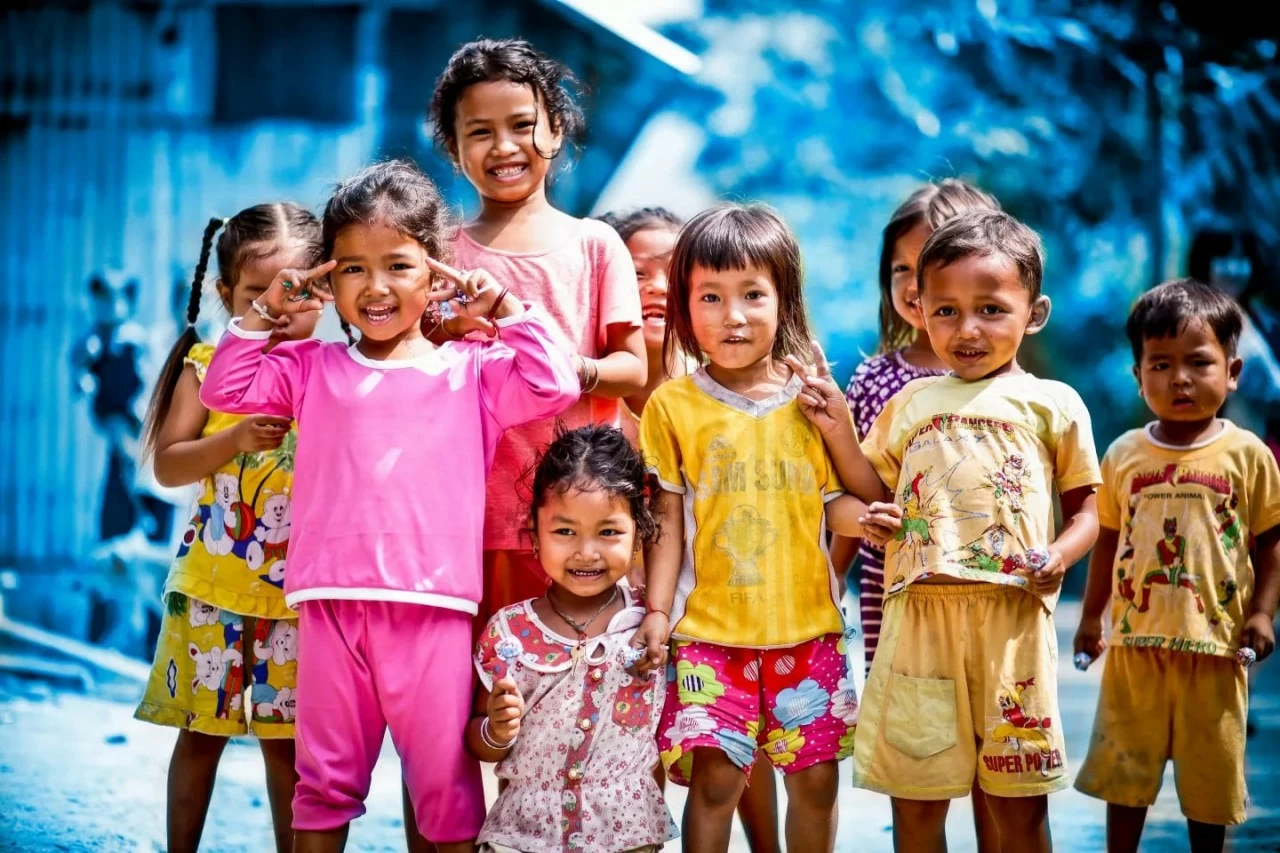 |
| For Vietnam, external communication on human rights to young people is an urgent task. (Source: UNICEF Vietnam) |
Pioneering "torch"
UNICEF’s synthesis report in response to Human Rights Day 10/12/2021 has published lessons learned from more than 150 assessments of youth programmes, particularly on youth participation and human rights, in support of the United Nations (UN) youth strategy for 2030. The report highlights the importance of engaging young people in human rights programmes.
The report also points out that when equipped with the right knowledge and skills, young people can lead revolutionary social initiatives, both locally and globally. This is in line with Vietnam’s strategy to raise awareness of human rights among young people, so that they can take the lead in protecting and promoting human rights, thereby spreading these values in the international arena.
Promoting external information on human rights to young people not only helps them better understand their rights and obligations, but also broadens their vision of international standards. With an objective perspective, young people will be able to identify and fight against human rights violations in society, thereby becoming pioneering “torches” in protecting and promoting human rights in Vietnam.
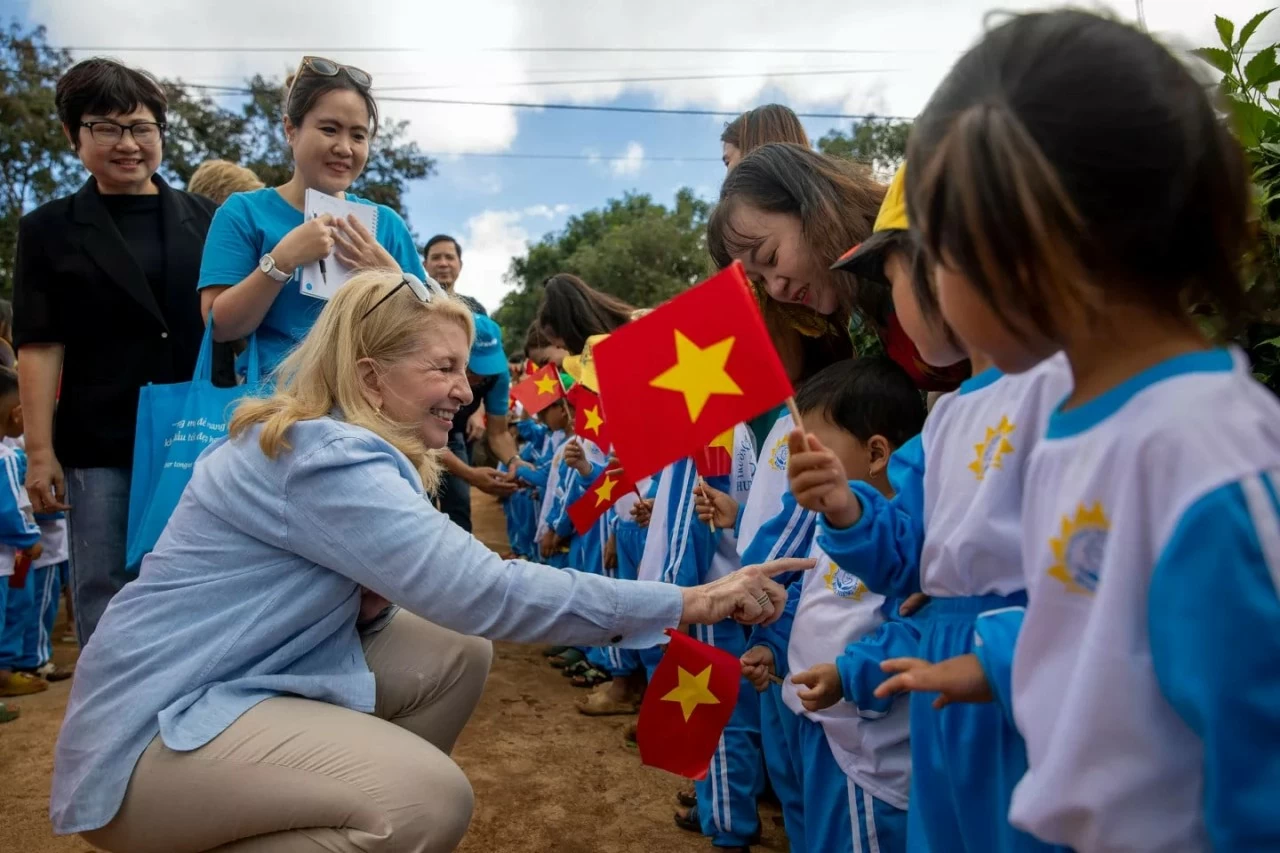 |
| Some international non-governmental organizations such as UNICEF also actively implement campaigns and programs to promote human rights. (Source: UNICEF Vietnam) |
Therefore, external information work on human rights is not only a communication work but also creates an open dialogue space for young Vietnamese people to learn and exchange with young people from other countries on human rights issues, contributing to promoting international cooperation. In particular, at international forums initiated by the UN, ASEAN or non-governmental organizations, young Vietnamese people can bring new perspectives, representing a dynamic, knowledgeable, progressive and integrated young generation. Now, the young generation is both the recipient of information and the one who shares experiences and contributes to international forums on human rights.
Young people are often the vanguard of social movements, from environmental protection, the fight for gender equality, to the promotion of human rights. External information work on human rights helps them become more aware of their role in protecting and promoting basic human rights; thereby, they actively participate in social activities, from protecting the rights of disadvantaged groups, to promoting initiatives on the environment, education, and health.
Good news
Over the years, Vietnam has proactively participated in and closely cooperated with international human rights organizations such as the United Nations, ASEAN and many non-governmental organizations (NGOs). Annual dialogues on human rights between Vietnam and other countries, and the Universal Periodic Review (UPR) sessions of the UN Human Rights Council have helped Vietnam not only demonstrate its commitment to human rights but also create an official foreign information channel, helping young Vietnamese people easily access reliable and comprehensive information on human rights progress.
Vietnam has also made strong use of digital technology and social media to promote external communication on human rights. Government websites such as the Vietnam Foreign Affairs Portal, Nhan Dan Newspaper , and national television channels such as VTV4 have developed many sections and in-depth programs on human rights and international human rights issues in many different languages. Social media platforms such as Facebook, YouTube, Instagram , and Zalo are also widely used to implement many communication campaigns on human rights.
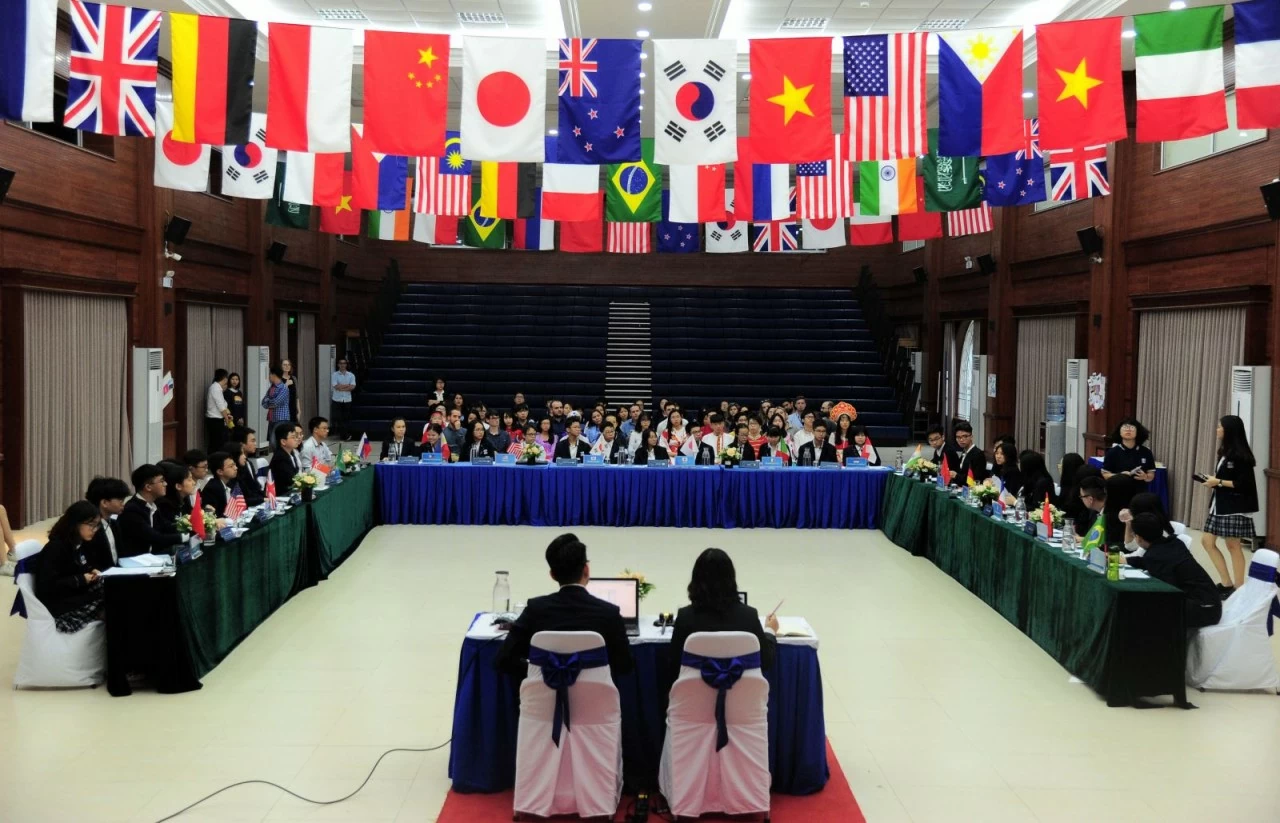 |
| Students of Nguyen Sieu School (Hanoi) organized a Model United Nations Conference. (Source: Nguyen Sieu School) |
In the field of education, human rights content is partly integrated into the curriculum and extracurricular activities from secondary to university levels. Universities and domestic NGOs organize many programs, competitions and events to encourage students to research and express their views on human rights issues. Typically, the Model UN competition helps Vietnamese students access and learn more about the UN's human rights protection mechanism, while developing their debating and problem-solving skills.
Vietnam has also implemented many cooperation projects with international organizations to raise awareness of human rights among young people. Organizations such as UNICEF, UNDP and UN Women have coordinated with many domestic organizations to implement training programs, communication campaigns and workshops to help young people better understand human rights, especially the rights of children and women.
In particular, it is impossible not to mention the participation of young people in campaigns to protect human rights, especially through social movements and public awareness campaigns. Many young people have become social activists, actively participating in projects such as "We are Able" implemented by UNICEF in Vietnam, conveying messages about gender equality and inclusion to the community. Through these activities, not only young people but also the international community has a more complete view of Vietnam's efforts in ensuring human rights.
Promotional solutions
In today’s digital age, social media is one of the most effective tools to reach young people. Therefore, external human rights advocacy work needs to take advantage of popular platforms such as Facebook, YouTube, Instagram and TikTok to effectively convey messages.
Human rights communication campaigns should also be designed to be attractive, easy to understand, combining images, videos and interactive content to attract the attention of young people. In addition, ministries, departments and agencies can actively invite KOLs and influencers to participate when implementing communication campaigns to create a stronger spread.
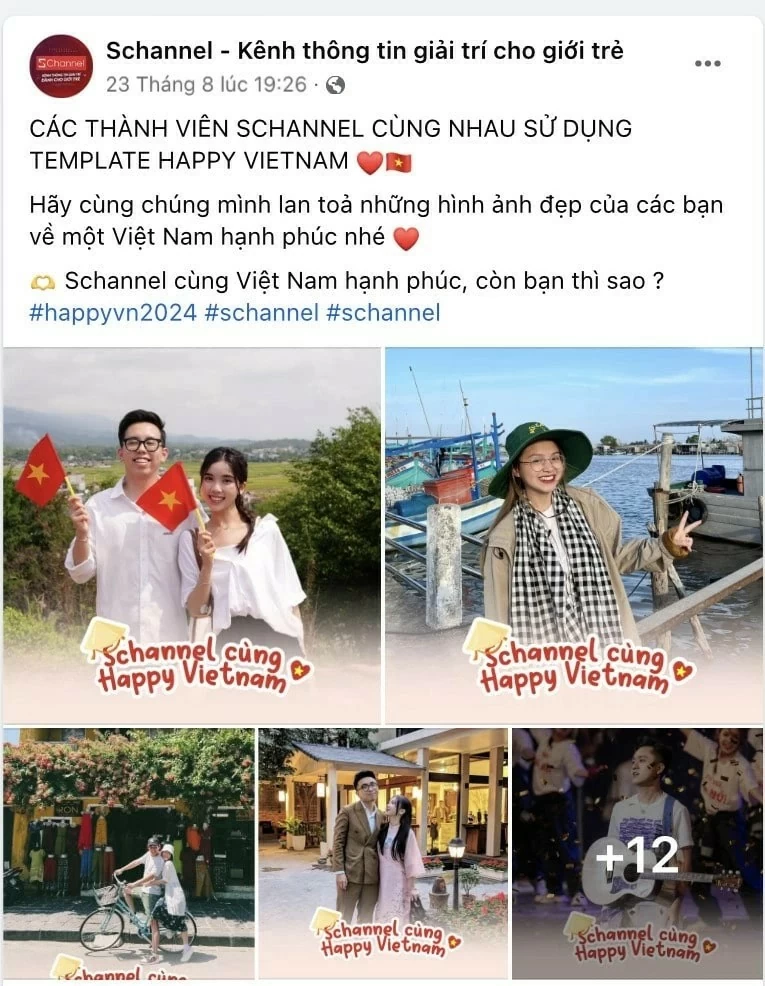 |
| Members of Schannel media company posted photos responding to the Happy Vietnam 2024 campaign. (Screenshot) |
In addition, human rights education should be more integrated into the curriculum at secondary, high school and university levels. In the workshop “Experience in human rights education in secondary education” on December 31, 2019, organized by the Steering Committee of the Human Rights Education Project in collaboration with the Faculty of Political Theory - Civic Education, Hanoi National University of Education, delegates agreed that the integration of human rights into the curriculum should be done step by step, with a strict roadmap.
In addition, if human rights issues are to be included in the secondary school curriculum, they must be easy to read, easy to learn, easy to understand, suitable for each student's age and each region across the country. At the same time, it is possible to develop creative, youth-friendly learning materials such as videos and infographics to make the content more vivid and easier to understand.
Or in the article “Human rights education for young people adapting to the new context” , Dr. Le Xuan Tung, former member of the 8th Politburo, said that it is necessary to strengthen international cooperation, seek support from the international community, and international organizations (especially the United Nations) to implement human rights education activities for Vietnamese youth. International support in terms of budget and expertise combined with the country's internal strength will contribute to promoting human rights education for the young generation to achieve the highest efficiency.
In conclusion, promoting external information on human rights to young people is not only the task of the authorities but also the responsibility of the whole society. Young people are the pioneers in absorbing and spreading human rights values, not only domestically but also worldwide. Therefore, there needs to be specific and effective strategies and actions to ensure that young people in Vietnam can understand, respect and join hands to actively protect human rights.
Source: https://baoquocte.vn/dua-quyen-con-nguoi-den-gan-hon-voi-the-he-tre-290329.html


![[Photo] General Secretary To Lam receives French Ambassador to Vietnam Olivier Brochet](https://vstatic.vietnam.vn/vietnam/resource/IMAGE/2025/4/17/49224f0f12e84b66a73b17eb251f7278)

![[Photo] National Assembly Chairman Tran Thanh Man meets with outstanding workers in the oil and gas industry](https://vstatic.vietnam.vn/vietnam/resource/IMAGE/2025/4/17/1d0de4026b75434ab34279624db7ee4a)
![[Photo] Closing of the 4th Summit of the Partnership for Green Growth and the Global Goals](https://vstatic.vietnam.vn/vietnam/resource/IMAGE/2025/4/17/c0a0df9852c84e58be0a8b939189c85a)
![[Photo] Nhan Dan Newspaper announces the project "Love Vietnam so much"](https://vstatic.vietnam.vn/vietnam/resource/IMAGE/2025/4/17/362f882012d3432783fc92fab1b3e980)
![[Photo] Promoting friendship, solidarity and cooperation between the armies and people of the two countries](https://vstatic.vietnam.vn/vietnam/resource/IMAGE/2025/4/17/0c4d087864f14092aed77252590b6bae)
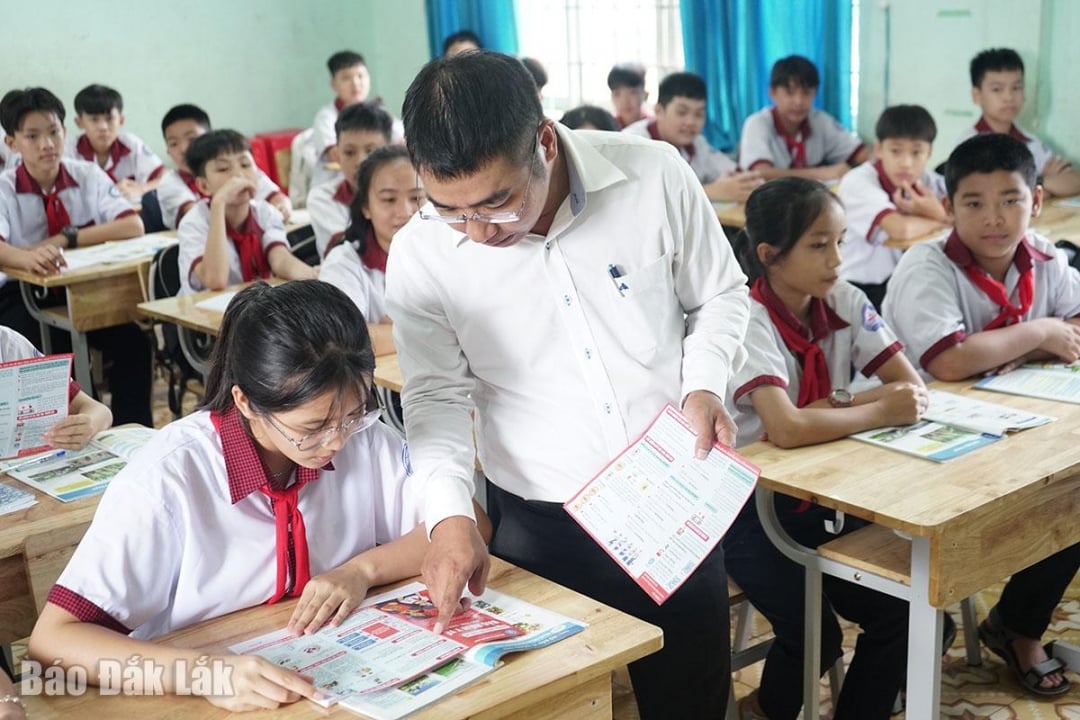

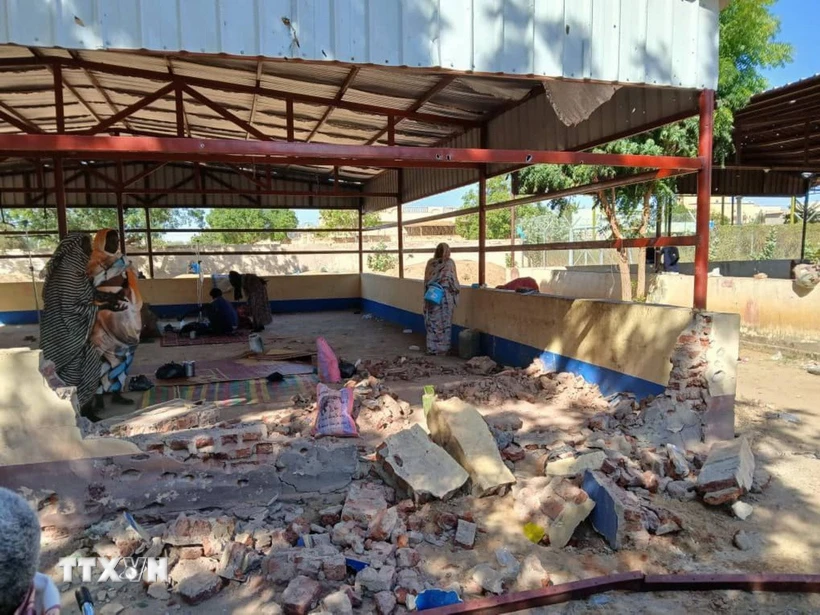





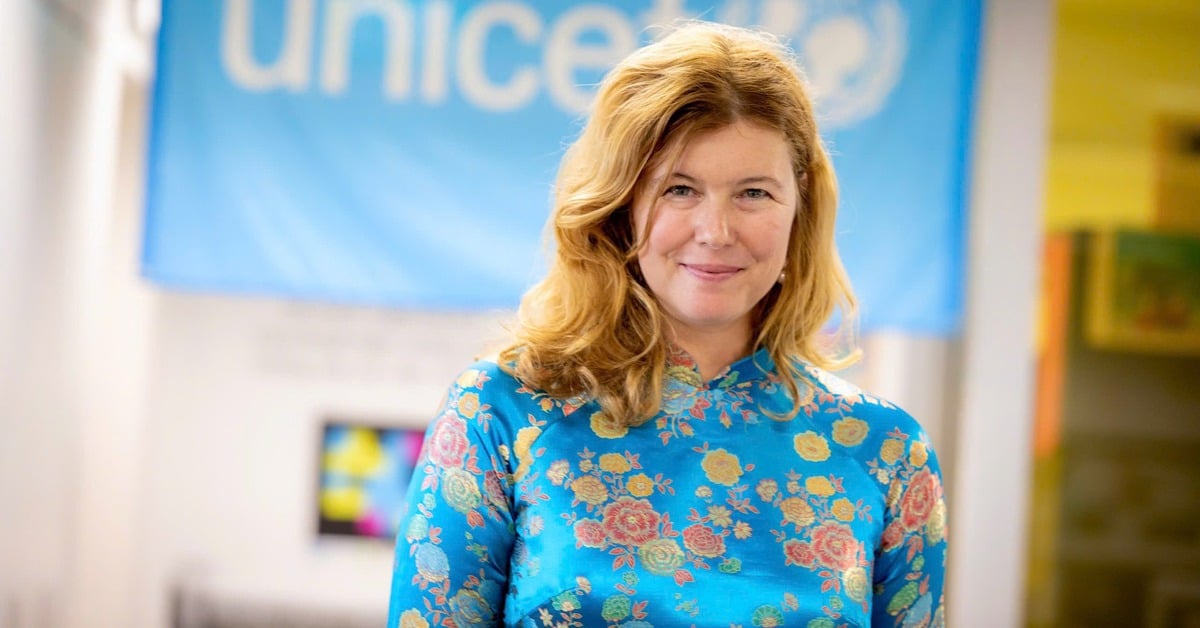

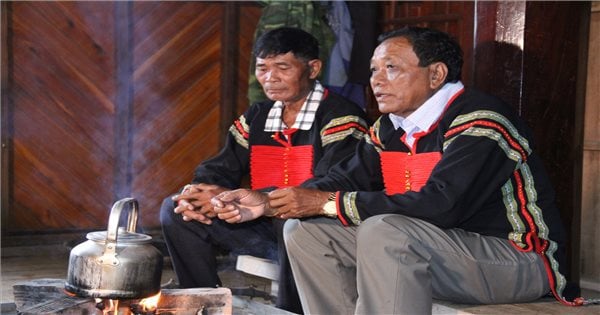



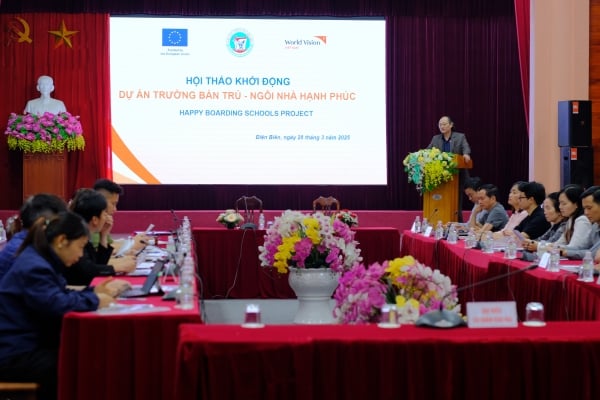




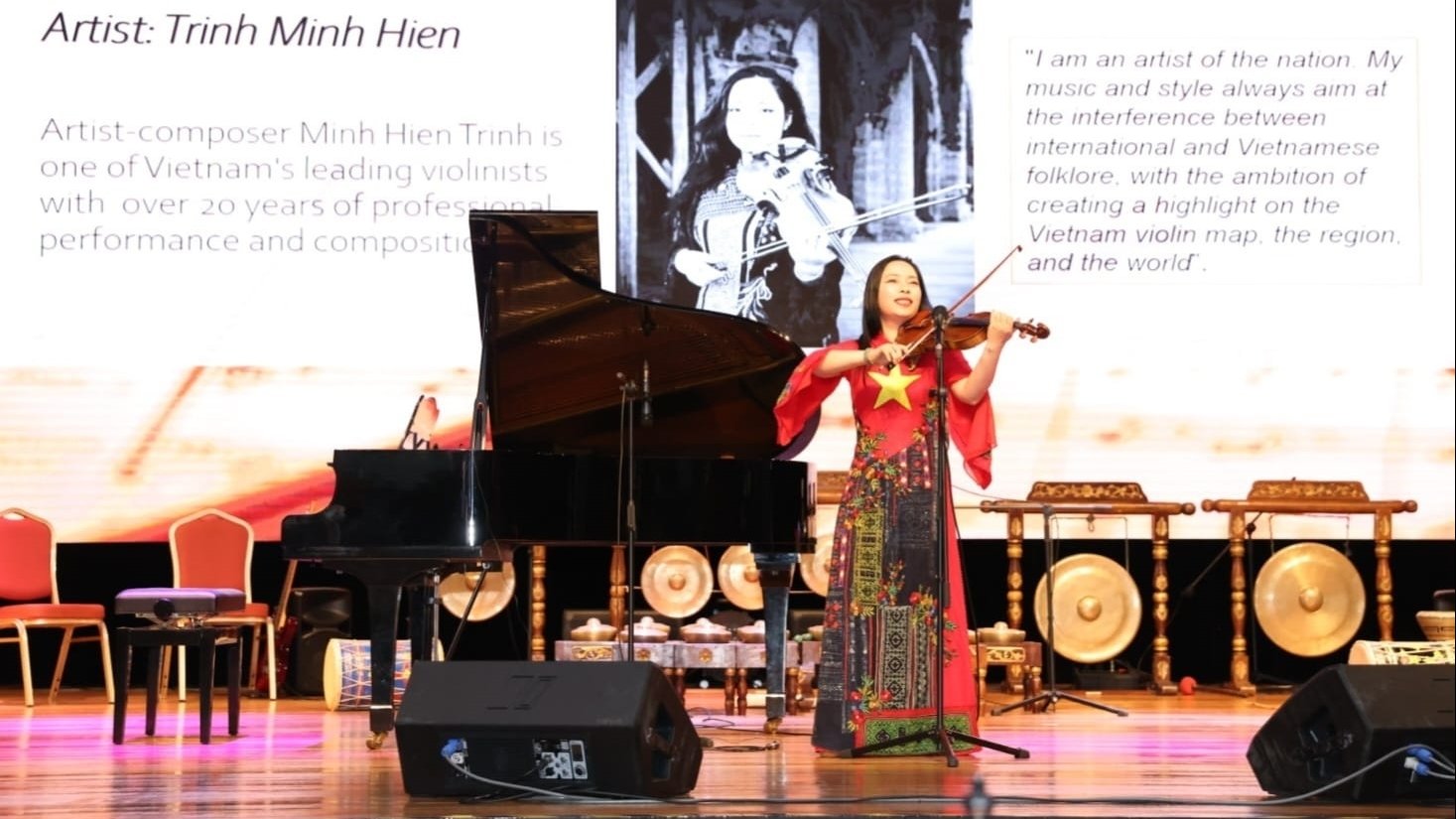
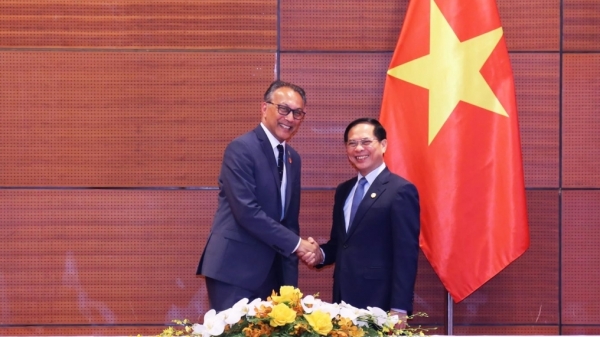
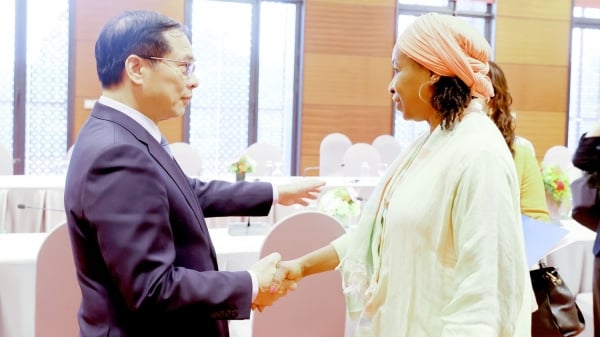
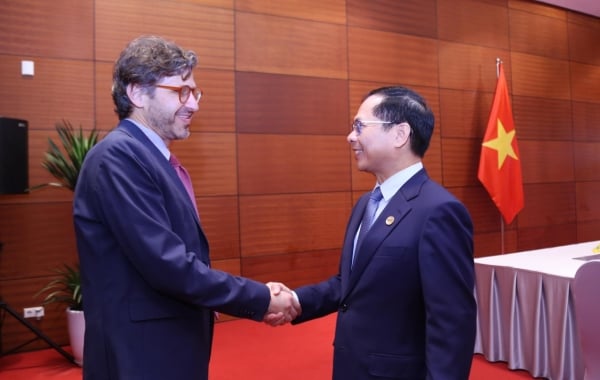
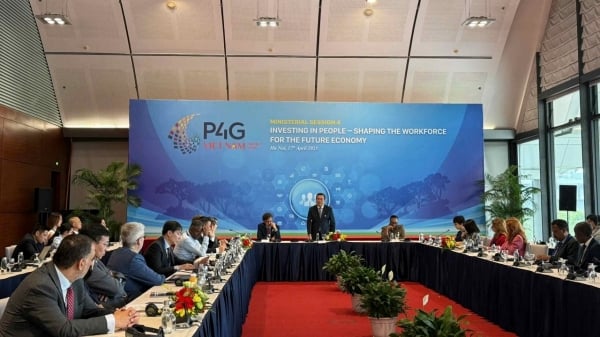
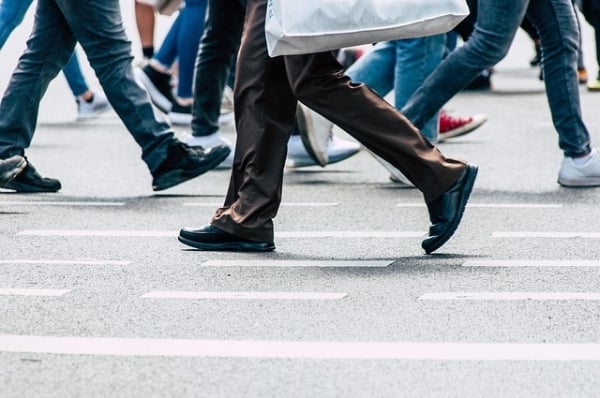
![[Photo] Welcoming ceremony for Chinese Defense Minister and delegation for friendship exchange](https://vstatic.vietnam.vn/vietnam/resource/IMAGE/2025/4/17/fadd533046594e5cacbb28de4c4d5655)


























![[Video] Viettel officially puts into operation the largest submarine optical cable line in Vietnam](https://vstatic.vietnam.vn/vietnam/resource/IMAGE/2025/4/17/f19008c6010c4a538cc422cb791ca0a1)


















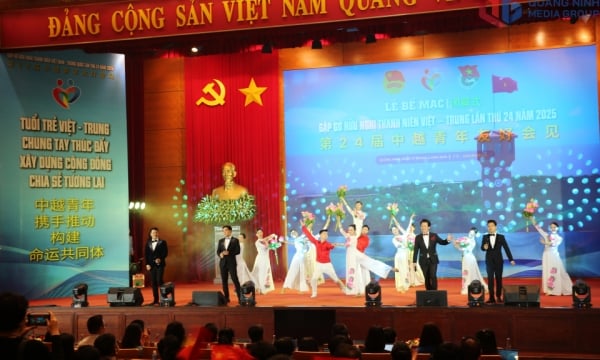

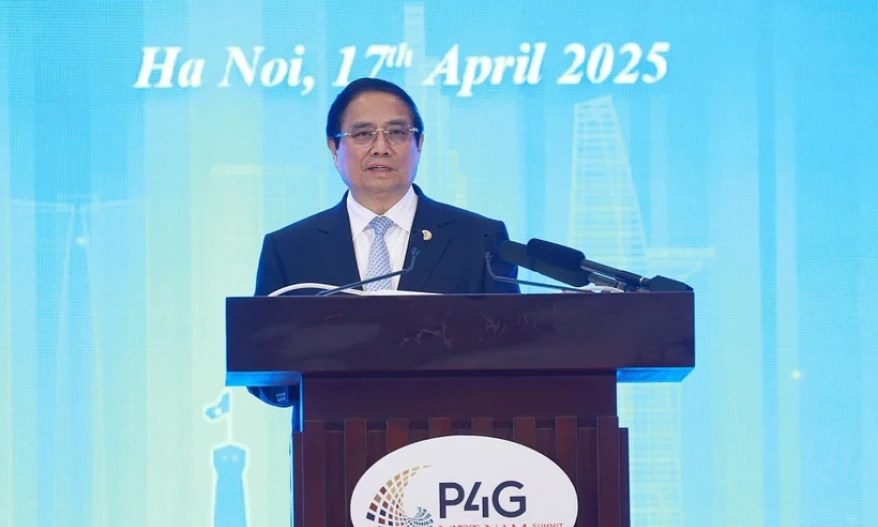


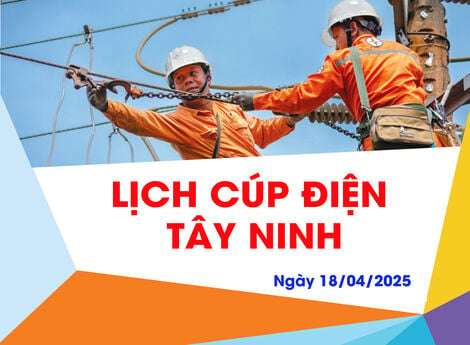


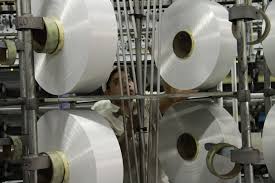











Comment (0)